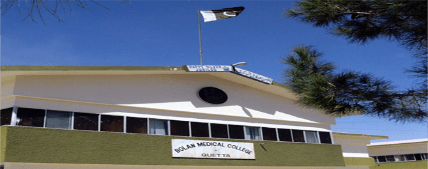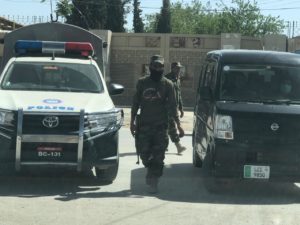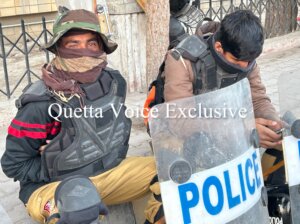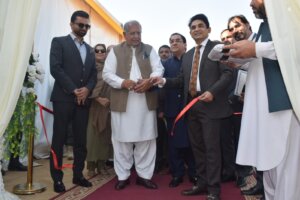Syed Muhammad Yaseen:
Students of Bolan Medical College have issued a strong statement expressing concern over the continued academic shutdown of Balochistan’s largest medical institution. According to them, the college has remained completely non-functional for over six months—mirroring the grim state of more than 3,000 closed primary schools across the province.
The students claim that the college and its hostels were forcefully sealed by police on government orders following a minor dispute six months ago.
Since then, authorities have cited hostel renovations and allotment procedures as reasons for delaying the resumption of academic activities. Now, without any clear justification, officials from the health department appear determined to keep the institution closed indefinitely.
Students believe the institution is being deliberately neglected because it enrolls students from remote and underprivileged regions without political recommendations, which offers little political gain to the provincial government.
They also pointed out that a few months ago, the college’s vice principal was reportedly jailed under the Maintenance of Public Order (MPO) law—possibly for speaking out against the unjust closure.
Frustrated by the prolonged silence from all political parties, the students said they are now being forced to take to the streets. “It seems as if education is no longer a priority or responsibility for our political leadership,” they said.
To press their demands, students have announced a four-phase protest campaign:
- Launching a social media campaign against the ongoing closure and fee structure.
- Holding protest demonstrations in front of press clubs across all districts.
- Organizing a sit-in outside Bolan Medical College in Quetta and initiating self-managed academic classes.
- If the government fails to immediately reopen the college and hostels, students, along with parents, civil society, political parties, and student groups, will block national highways across the province.
The students have appealed to their peers in all districts to schedule and join protests at their respective press clubs. They also urged everyone—regardless of ethnic, political, or organizational affiliation—to consider this a shared crisis and participate collectively. Political parties, student organizations, and civil society groups have also been invited to join the movement.






